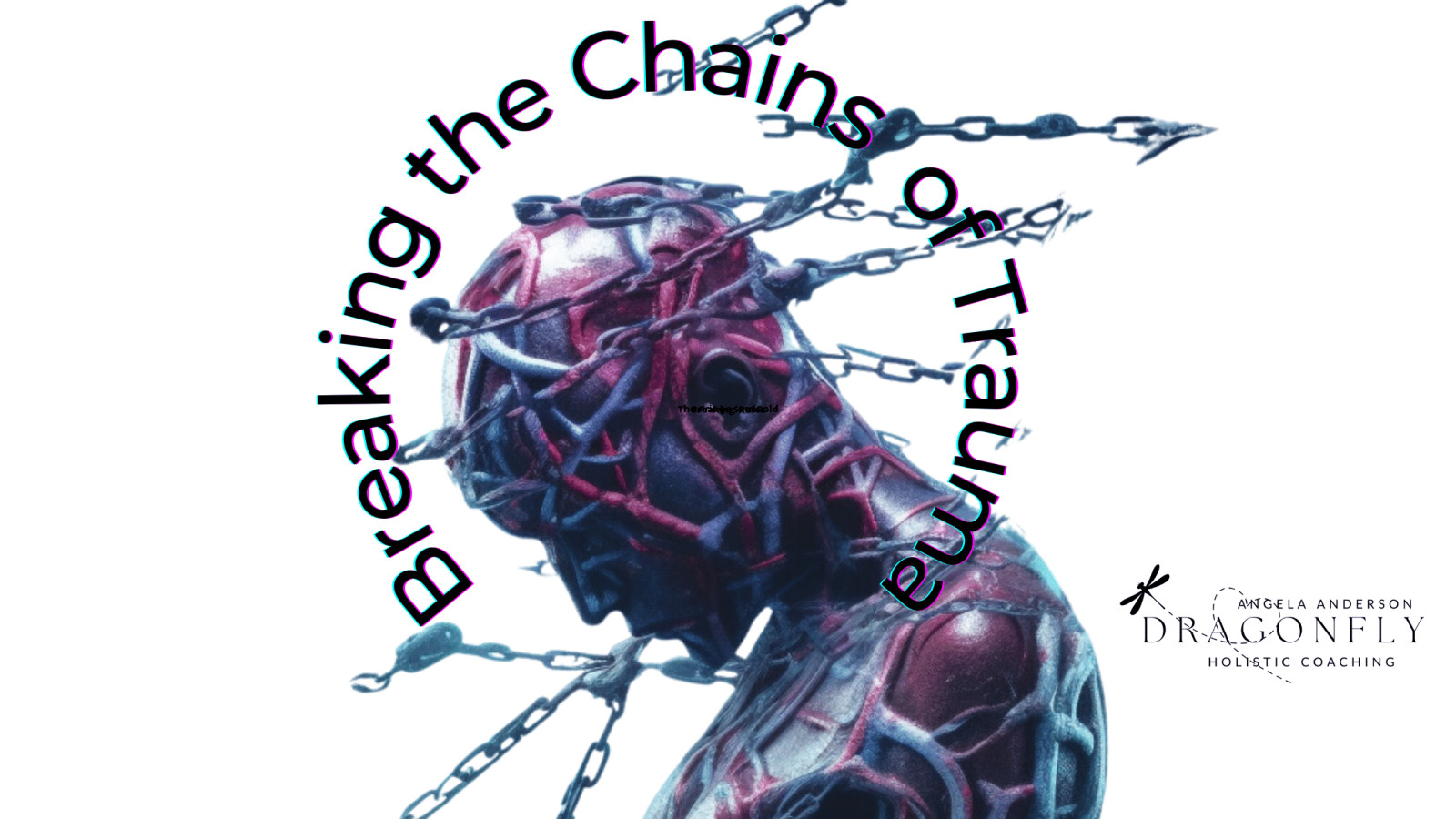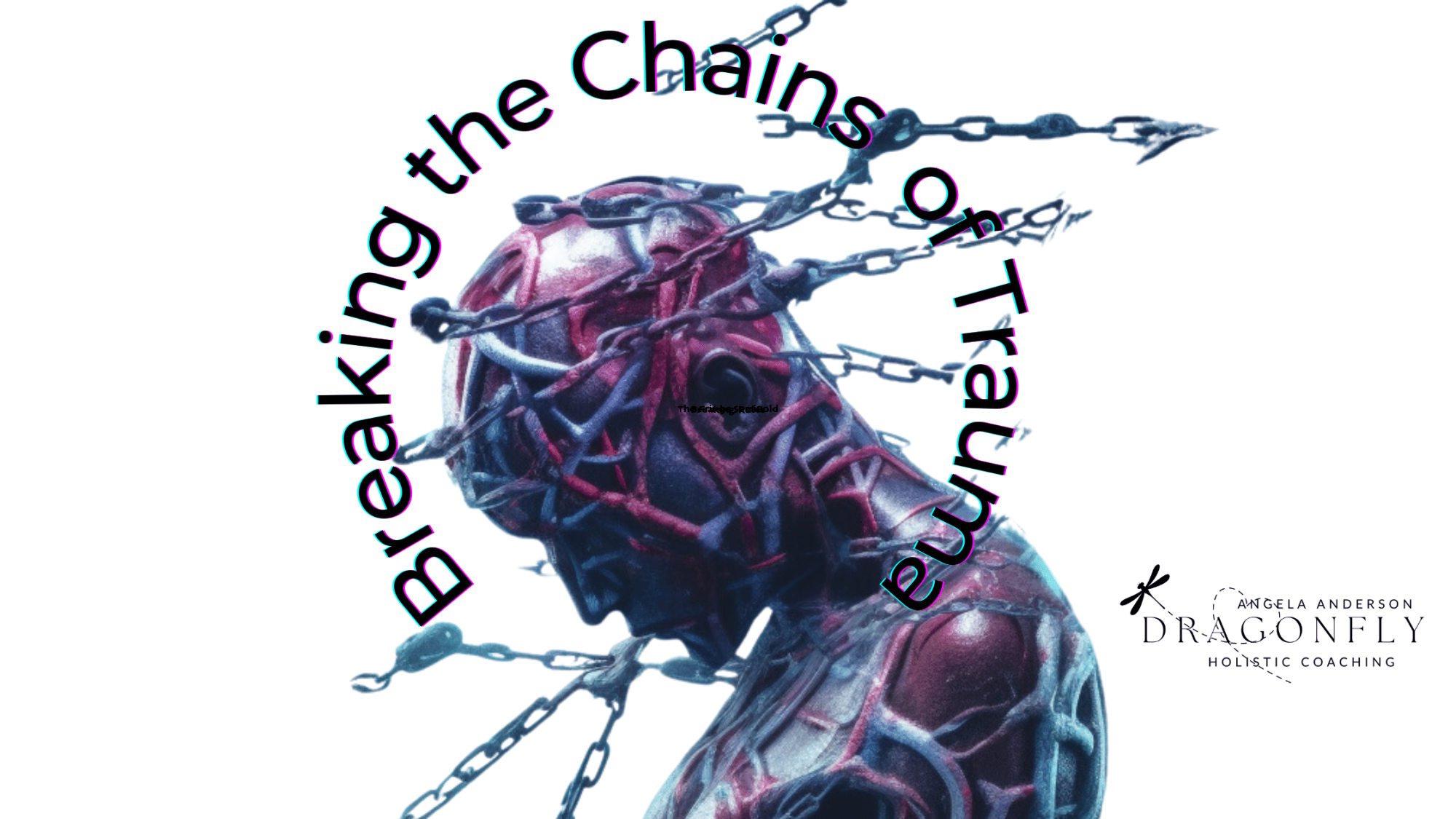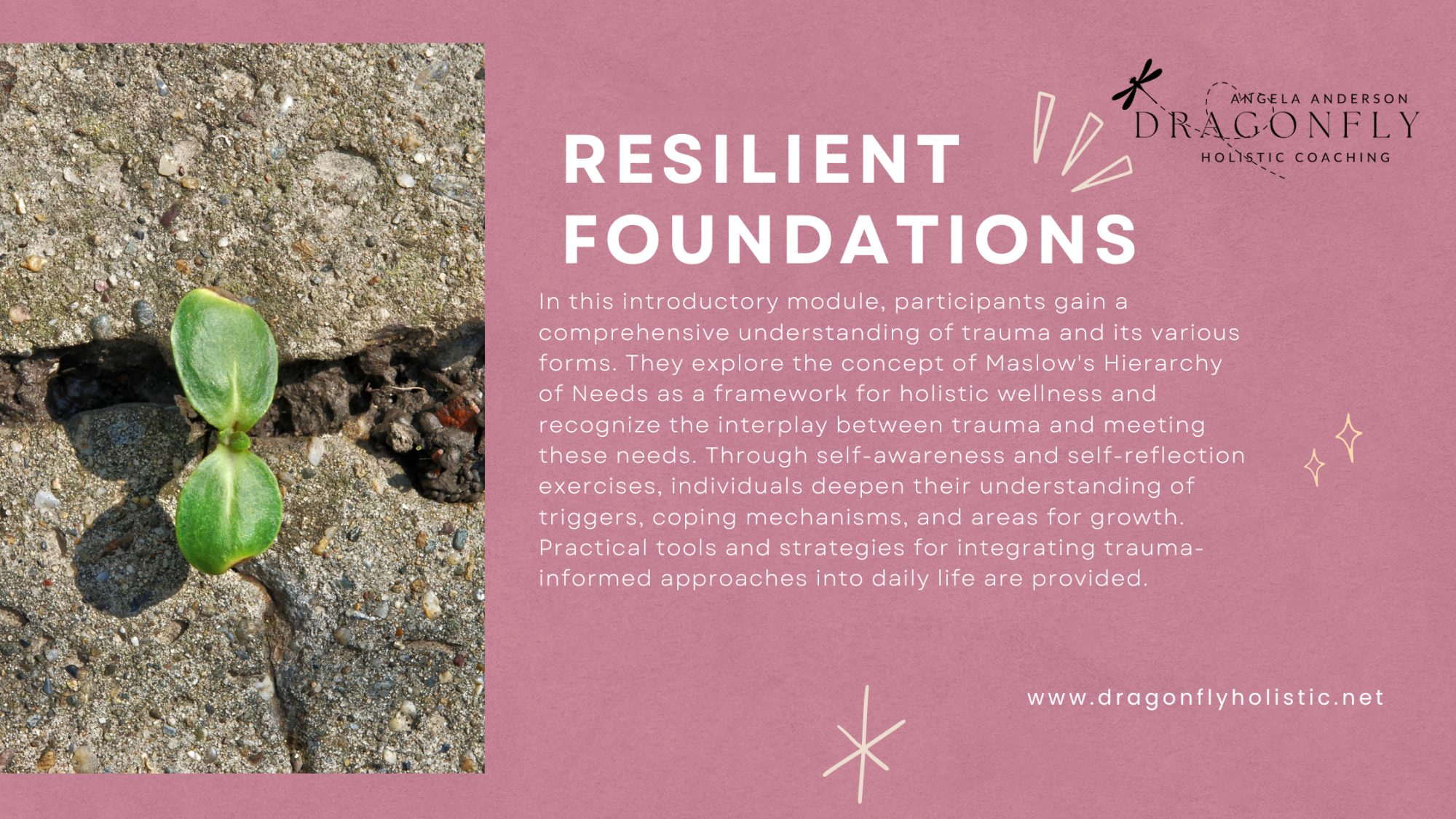

Trauma encompasses a wide range of experiences, from acute traumatic incidents to complex and prolonged exposure to distressing events. It can stem from various sources, such as accidents, abuse, loss, or violence. It is essential to acknowledge the subjective nature of trauma, as individuals may respond differently based on their unique circumstances and resilience.
Trauma can manifest in various ways, impacting various aspects of our lives. Physically, it can give rise to chronic pain, sleep disturbances, and digestive issues. Emotionally, trauma survivors may experience a range of intense emotions, including fear, anger, sadness, and guilt. The psychological manifestations of trauma can affect cognition, perception, and sense of self, leading to difficulties in concentration, memory recall, and decision-making.
To truly understand trauma, we must recognize the intricate connection between the mind, body, and nervous system. Trauma triggers the body's stress response, activating the fight-or-flight response or the freeze response. These physiological reactions can have lasting effects on our overall well-being and contribute to the development of physical and mental health conditions.
By developing a deeper understanding of trauma and its manifestations, we can cultivate empathy and support for ourselves and others, laying the foundation for healing, growth, and resilience.
Remember, you are not alone. Together, we can break the chains of trauma and embark on a transformative journey towards a brighter, resilient future.
While trauma can have profound and far-reaching effects, it is crucial to remember that healing and resilience are possible.
Understanding trauma is the first step towards reclaiming our well-being and breaking free from its chains.
Note: Throughout my upcoming course, "Breaking the Chains of Trauma" we delve into the importance of self-care, self-compassion, and nurturing practices. This blog post provides a brief glimpse into the content of Section 1: Understanding Trauma. For a comprehensive understanding and to access the full course, please be sure to subscribe to our email newsletter for updates.
In Section 1 of our course, we explore the nature of trauma, its physical, emotional, and psychological manifestations, and the intricate connection between trauma and our overall well-being. By embarking on this journey, we begin to unravel the complexities of trauma, nurturing a space of understanding, empathy, and healing. We move beyond the labels, stigma and pain and move toward greater capacity for self-care, resilience and growth.
Stay tuned for the upcoming posts extracted from this transformative course, where we delve into the intersection of trauma and self-care, explore the role of self-compassion and resilience in trauma recovery, and provide practical strategies for integrating self-care practices into our daily lives. Join us on this empowering journey as we navigate the path to healing and resilience.





